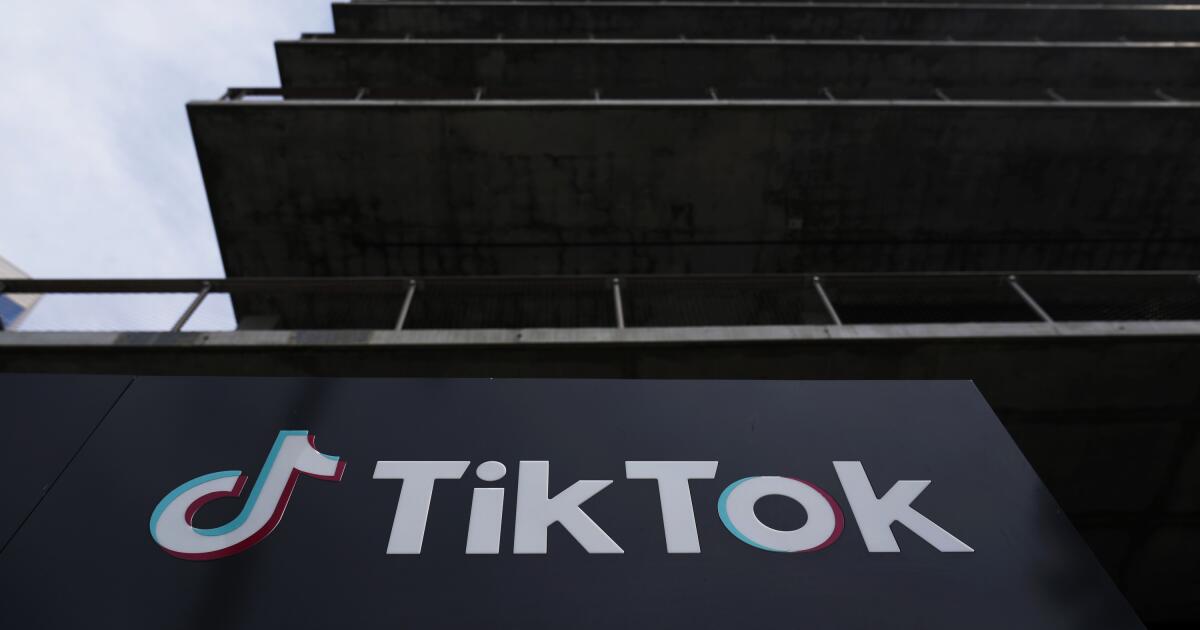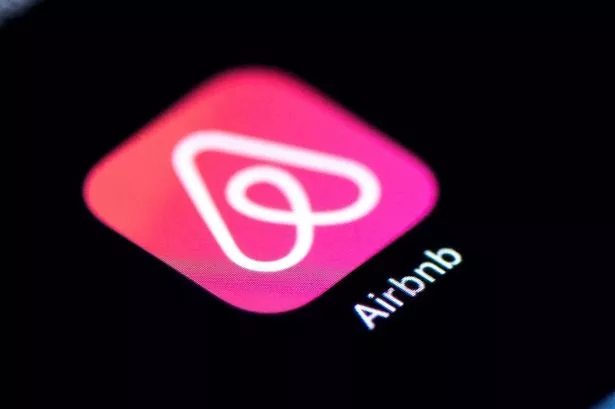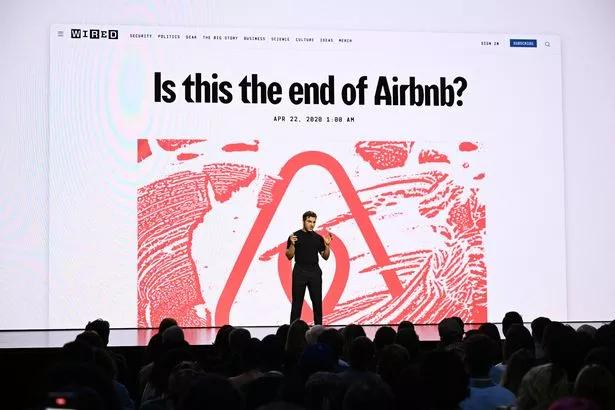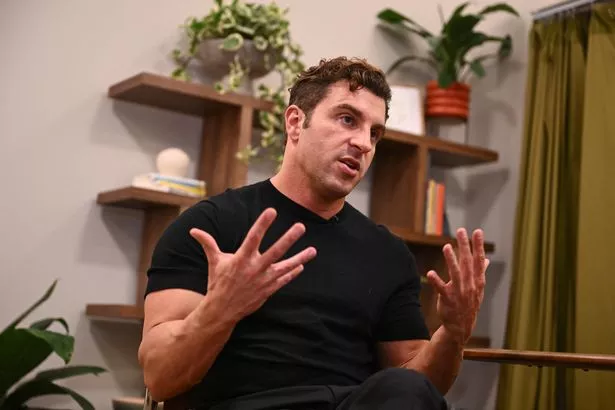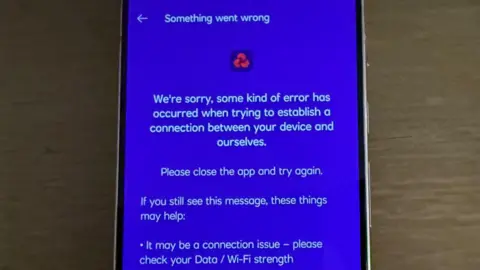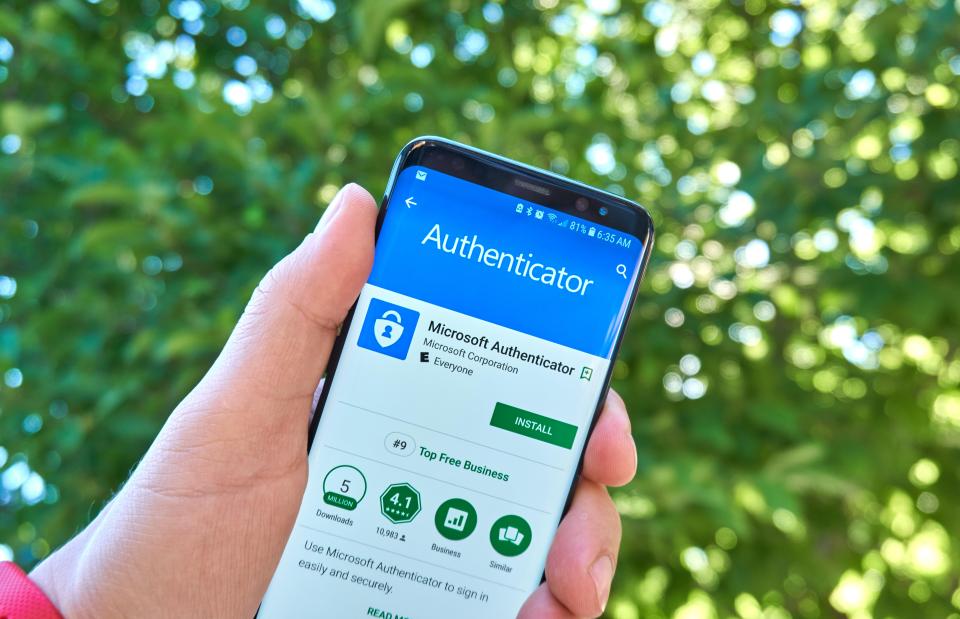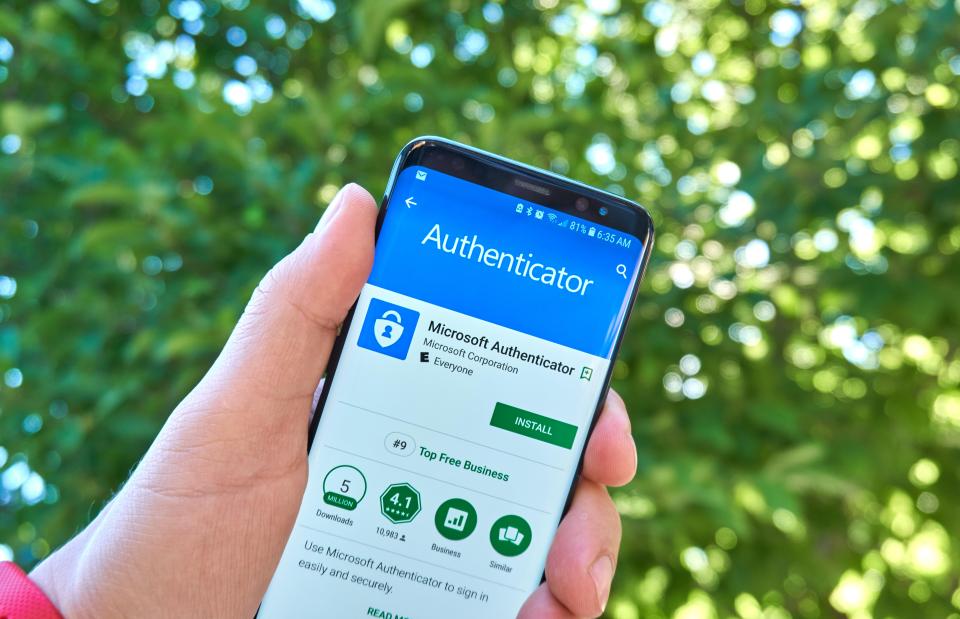My husband and I spent much of the weekend driving from Los Angeles to Petaluma, and back, to attend a wedding. The trip began, as our car trips inevitably do, with my husband asking me to find the best route via Apple Maps and then arguing with every direction the app offered.
Out loud, as if the app’s “voice” could hear him.
As in “What? That makes no sense. Why take the 118 when we can just keep going and pick up the 5 in a few miles?” or “I knew we should have taken my shortcut back there. Look, now we’re just sitting in traffic. I thought these apps were supposed to help you avoid traffic.”
If, during these early explosions, I am sufficiently caffeinated, I calmly suggest that the traffic on alternate routes is probably much worse. If I am not, I simply snap that he was the one who asked to use Maps in the first place and if he doesn’t like it, he should just take whatever route he wants like he always does anyway.
We have been married for a very long time.
Long enough, in fact, for me to remember a time when the voice he would argue with was mine, as I bent over the Thomas Guide or some impossibly large map and we exchanged, in heated tones, our deep and personal feelings for one route or another. (He, for example, thinks the 405 is just another freeway while I know it is a shimmering sliver of Hell designed by Satan to suck the life out of unwary motorists.)
After 30 years of road travel together, I know that any trip of more than 10 miles will be filled with either exasperation over roadwork delays or complaints about how “they really need to fix this road” and that there is no point in arguing that local government simply does not have the organizational wherewithal, never mind the motivation, to “time the lights” in such a way to intentionally make his life more difficult. (But if L.A. city or county is looking for someone to fix their traffic lights, Richard is available.)
As we headed toward the wedding, I found myself hoping that the couple we would be celebrating had spent enough time in the car together. Any long-term personal relationship requires the acknowledgment and acceptance of certain things about your partner. In L.A. especially, that means being able to live with the way they drive, even when … no, especially when, this seems at odds with every other facet of their nature.
My husband is a rational man who believes in the laws of science. Until he enters a car and his notion of time and space become defined by movement — any “shortcut” that allows the car to remain in motion is better than sitting in traffic, even if it makes the trip much longer in minutes and miles.
He is also notably sweet and sympathetic, always willing to think the best of his fellow humans. Except from behind the windshield, where he views the world as teeming with schemers and brutes, acting on all manner of Machiavellian impulses. If Richard designed a driving app, it would be called “This Sonuvabitch.”
As in “this sonuvabitch knows I want to get over and keeps creeping up so I can’t.” Or “this sonuvabitch is mad because I passed him and now he’s riding my tail.”
Traffic in L.A. is quite literally maddening and I too am guilty of loudly questioning the sanity of that guy in the blue Honda who thinks he can make a left on La Cienega at rush hour or the woman who has stopped traffic in an effort to parallel park in a space that anyone with eyes can see is too small for her freaking Bronco. But I never take their choices personally.
Richard takes it all very personally, offering a steady stream of criticism and muttered instructions — ”that’s it, you can do it, just turn the wheel, it’s not difficult” — to any driver not performing up to his standards.
Neither conversation nor music provides much of a distraction — he will talk right over his beloved Aaron Copland, never mind me. Even the suggestion that he put his ability to conjure such vividly precise character defects and psychological motivations to better use in, say, fiction writing, has been to no avail.
He is, I hasten to add, a good and safe driver, aggressive only rhetorically. And so, as one must do in marriage, I have sought the serenity to accept the things I cannot change. As we made our expletive-fueled way up the 5, I silently soothed myself with the knowledge that in a couple of hours, we’d need to take a restroom break and then I would slide into the driver’s seat and stay there until we arrived. Since our rule is that the driver controls the audio, I had queued up “I, Claudius” read by Derek Jacobi on Audible.
I have also been married long enough to know that the one thing my former-theater critic husband won’t disrupt is a masterful performance.
Not so Maps, which, as we neared San José, began chiming in with a quite complicated alternate route, designed, I assumed, to avoid freeway traffic. Richard was not at all pleased by either the interruptions or the route, and it was frankly hilarious to listen to him vent about precisely the sort of shortcut he himself is known for.
Indeed, I found myself feeling a personal bond with the calm and implacable voice guiding our progress even as my spouse spluttered and argued. Not only was she a third-party recipient of road-trip frustration, the voice of Maps seemed to take on the kind of objective helpfulness of a good therapist.
She is simply not interested in the “you always,” “I never” emotional quagmires a gridlocked freeway or rerouting decision can churn up. When I missed a turn, she didn’t care at all when my husband asked if whoever programmed Maps had ever actually driven a car and if they were so smart, could they not see that truck that wouldn’t let us get over?
She just continued to suggest that we “proceed to the route.”
Being the proud participant in a decades-long relationship, which, despite its many compromises and workarounds, remains solid and loving, I, of course, had been wondering what sort of advice I might, if only in my imagination, offer the soon-to-be-newlywed couple.
And here was Maps doing it for me.
Marriage is like a road trip; no matter how much you love the other person in the car, if it lasts long enough, you will drive each other a little nuts. My husband’s explosive commentary sometimes amuses me and sometimes wears me down. But at this point, if he didn’t complain about the timing of the lights or “this sonuvabitch who doesn’t know you can make a right on red,” I would worry that he was having a stroke.
Among the glories of the journey and the intimacy of the conversation, there will always be missed turns, ill-fated routes and arguments over how to cope with the forces that surround you. But if you choose to stay in the car, then the only real option is to keep moving forward.
Or as Maps would say, proceed to the route.



